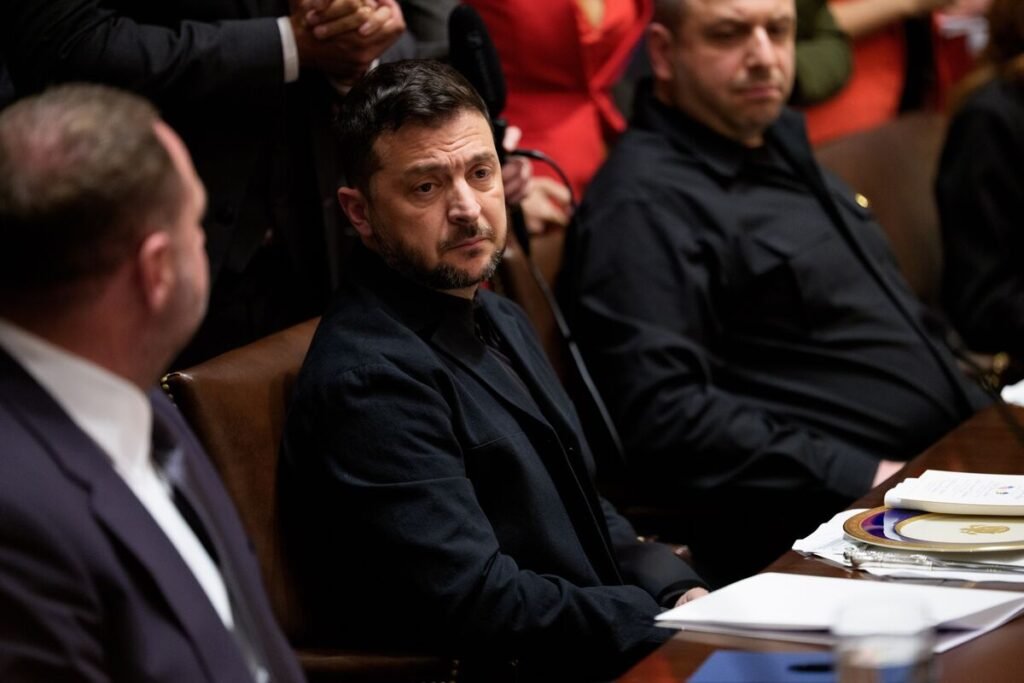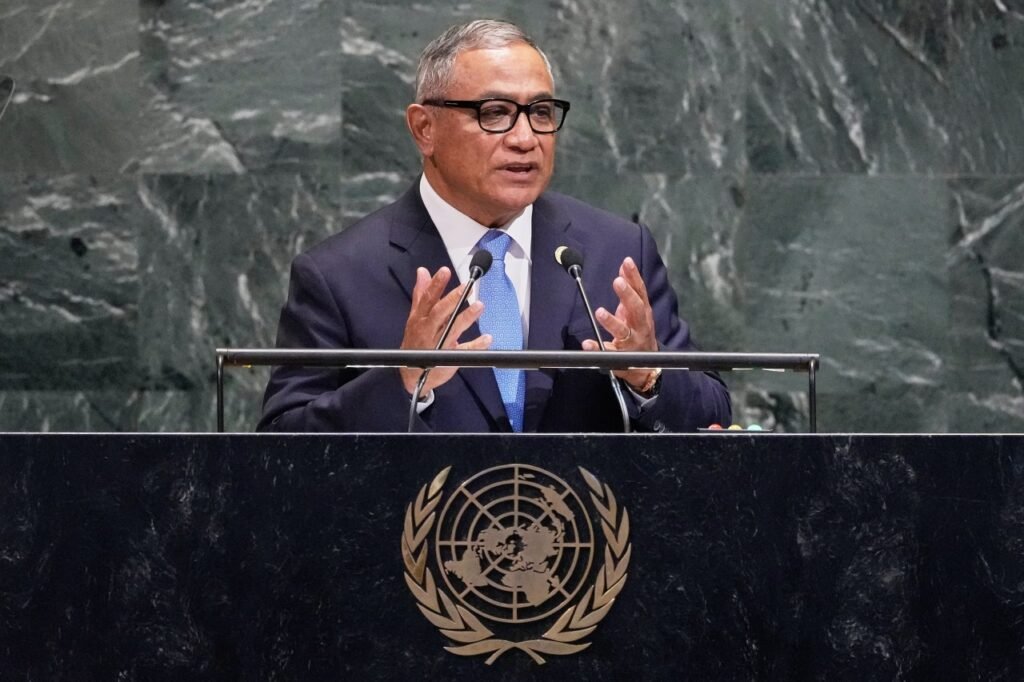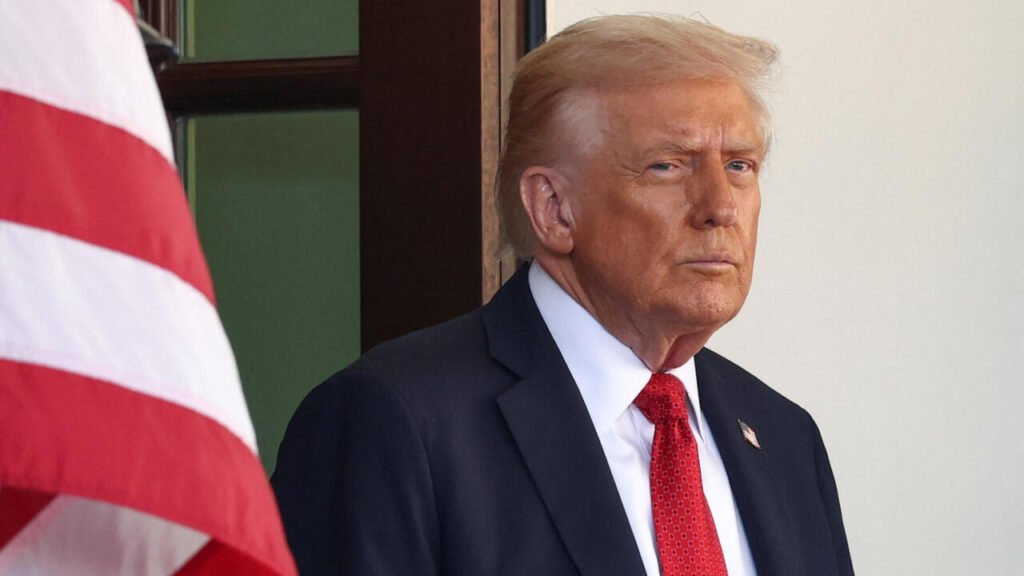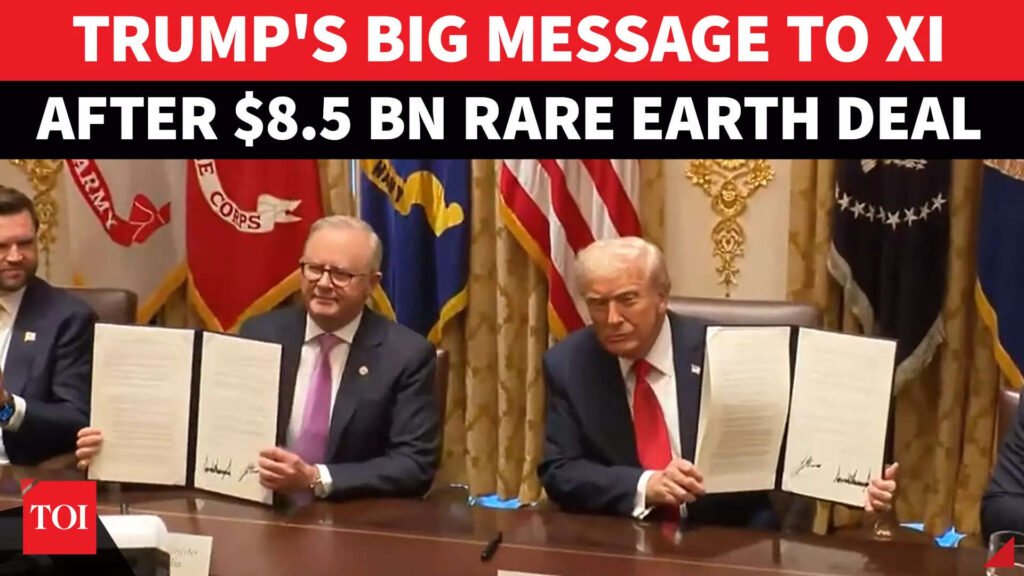Seven of nine institutions approached by the Trump administration have now declined to sign new federal funding rules.
The University of Arizona has become the seventh university to decline to sign a set of policies put forward by the administration of US President Donald Trump in exchange for an offer of preferential consideration for federal funding.
In a statement shared on Monday, the university said it had decided not to sign the Compact for Academic Excellence in Higher Education, citing its commitment to principles including “academic freedom, merit-based research funding, and institutional independence”.
Recommended Stories
list of 4 itemsend of list
The university said some of the recommendations deserved “thoughtful consideration”, but “many of the proposed ideas are already in place at the University of Arizona”.
The Tucson, Arizona-based university is the seventh university to turn down the compact, out of an initial list of nine elite institutions approached by the Trump administration.
As a Monday deadline given by the White House passed, two of the schools — Vanderbilt University and the University of Texas at Austin — had yet to publicly announce their decision. Vanderbilt University Chancellor Daniel Diermeier said in a statement that the institution was participating in a dialogue with the Trump administration but had not been ordered to either accept or reject the compact.
The six other universities that had already said they will not be signing the compact are: Brown University, the Massachusetts Institute of Technology (MIT), the University of Southern California, the University of Pennsylvania, the University of Virginia and Dartmouth College.
Some of the terms laid out in the compact included universities agreeing to disregard race and sex when admitting students or hiring faculty, and committing to keeping international students to no more than 15 percent of undergraduate enrolments.
Universities that sign on would also be required to ensure they remain a “vibrant marketplace of ideas on campus” with no dominant political ideology and abolish departments which “purposefully punish, belittle, and even spark violence against conservative ideas”.
The compact has drawn concern, including from the American Association of University Professors (AAUP) and the American Federation of Teachers (AFT).
“The Trump administration’s offer to give preferential treatment to colleges and universities that court government favour stinks of favouritism, patronage, and bribery in exchange for allegiance to a partisan ideological agenda,” the AFT said in a statement.
Since the beginning of Trump’s second term in January 2025, the White House has made significant cuts to federal research funding, sometimes linking its decisions to a desire to curb political expression on university campuses, including pro-Palestinian protests and diversity initiatives.
Some universities, including the University of Columbia, have chosen to work with the Trump administration, while others, including the prestigious Harvard University, have chosen to push back.
In September, a federal judge ruled that the Trump administration had violated the law when it cancelled research grants worth more than $2.2bn to Harvard.
In her ruling, District Judge Allison Burroughs wrote that the Trump administration had “used anti-Semitism as a smokescreen for a targeted, ideologically motivated assault on this country’s premier universities”.
Trump has targeted several schools, including Columbia, for their prominent role in the antiwar protests that emerged after Israel launched its war on Gaza in October 2023, killing at least 68,216 people in the two years that followed.
The Trump administration argued that those protests promoted anti-Semitism and created an unsafe environment for Jewish students. Student activists, however, have rejected those assertions.







